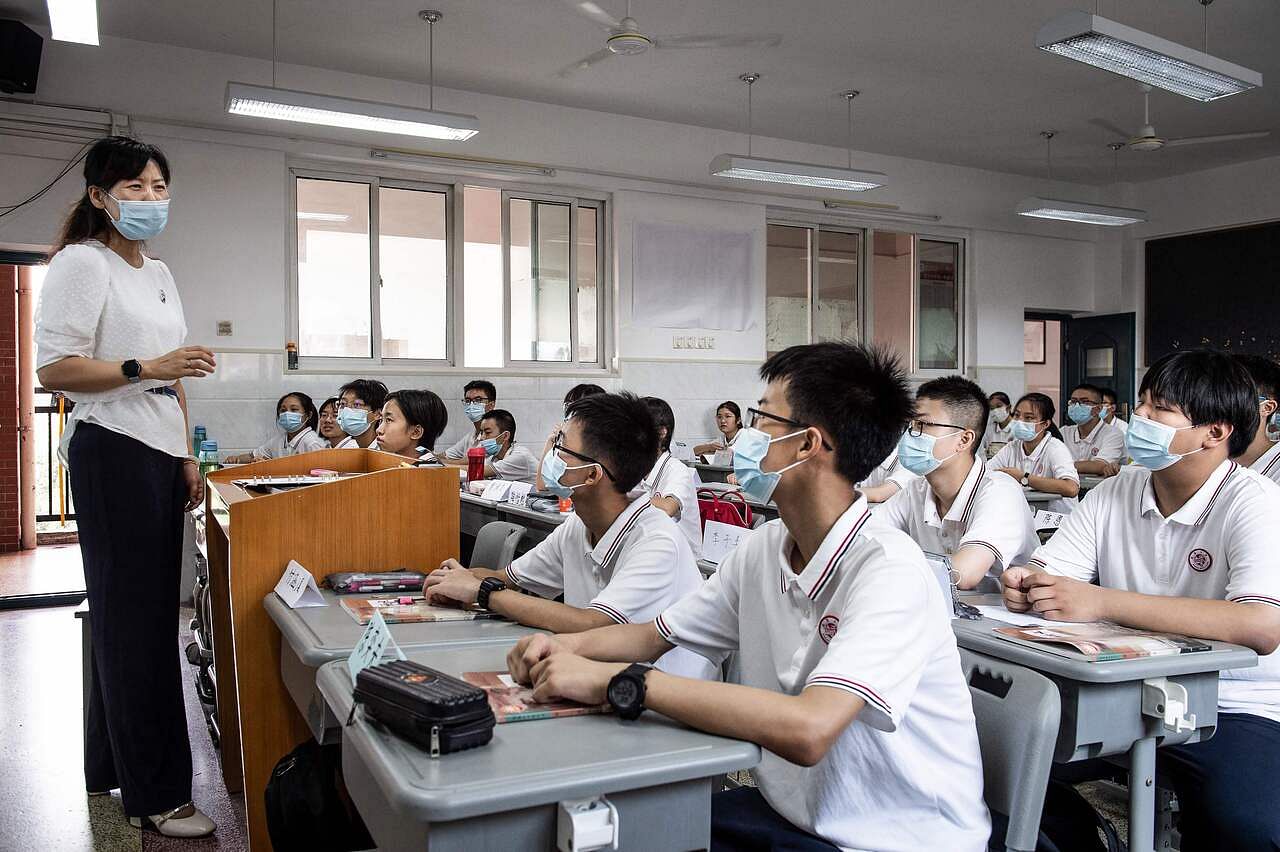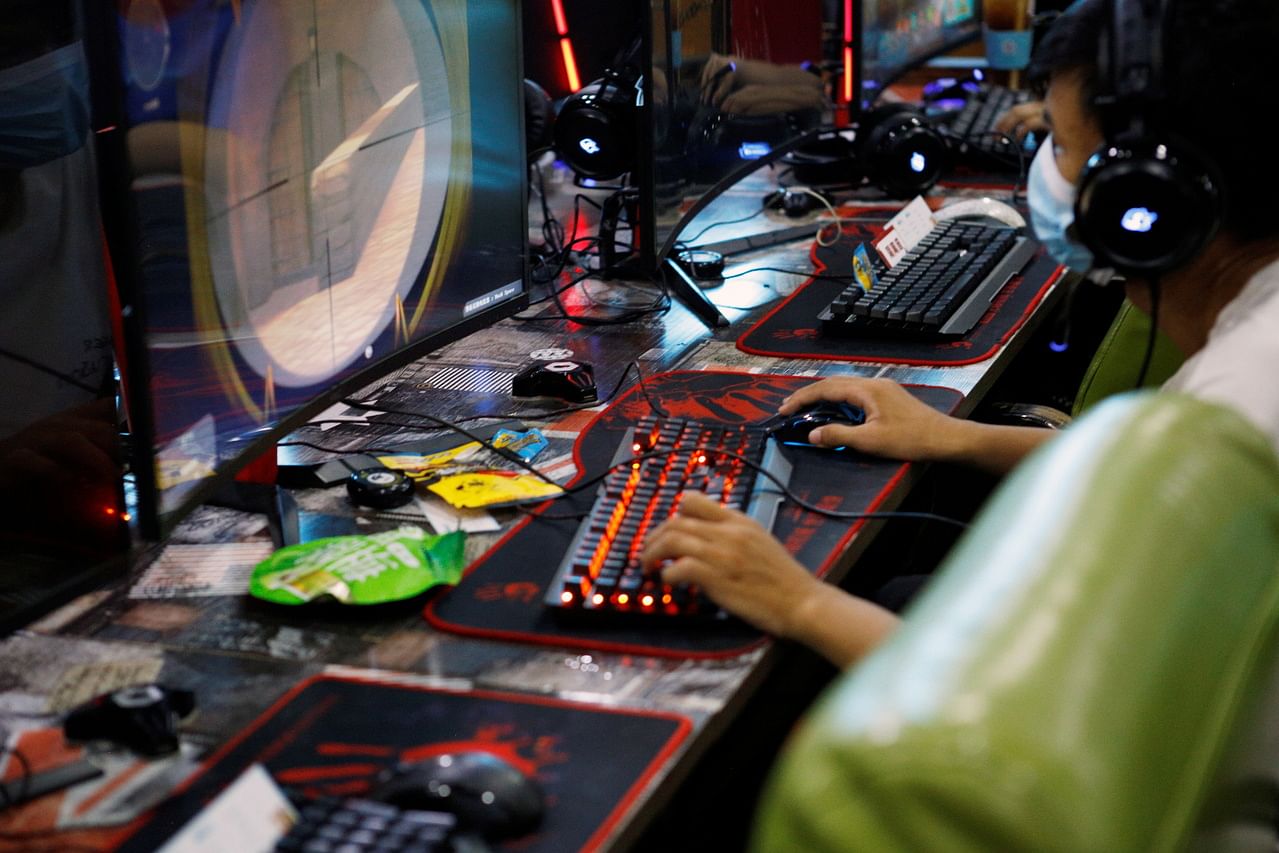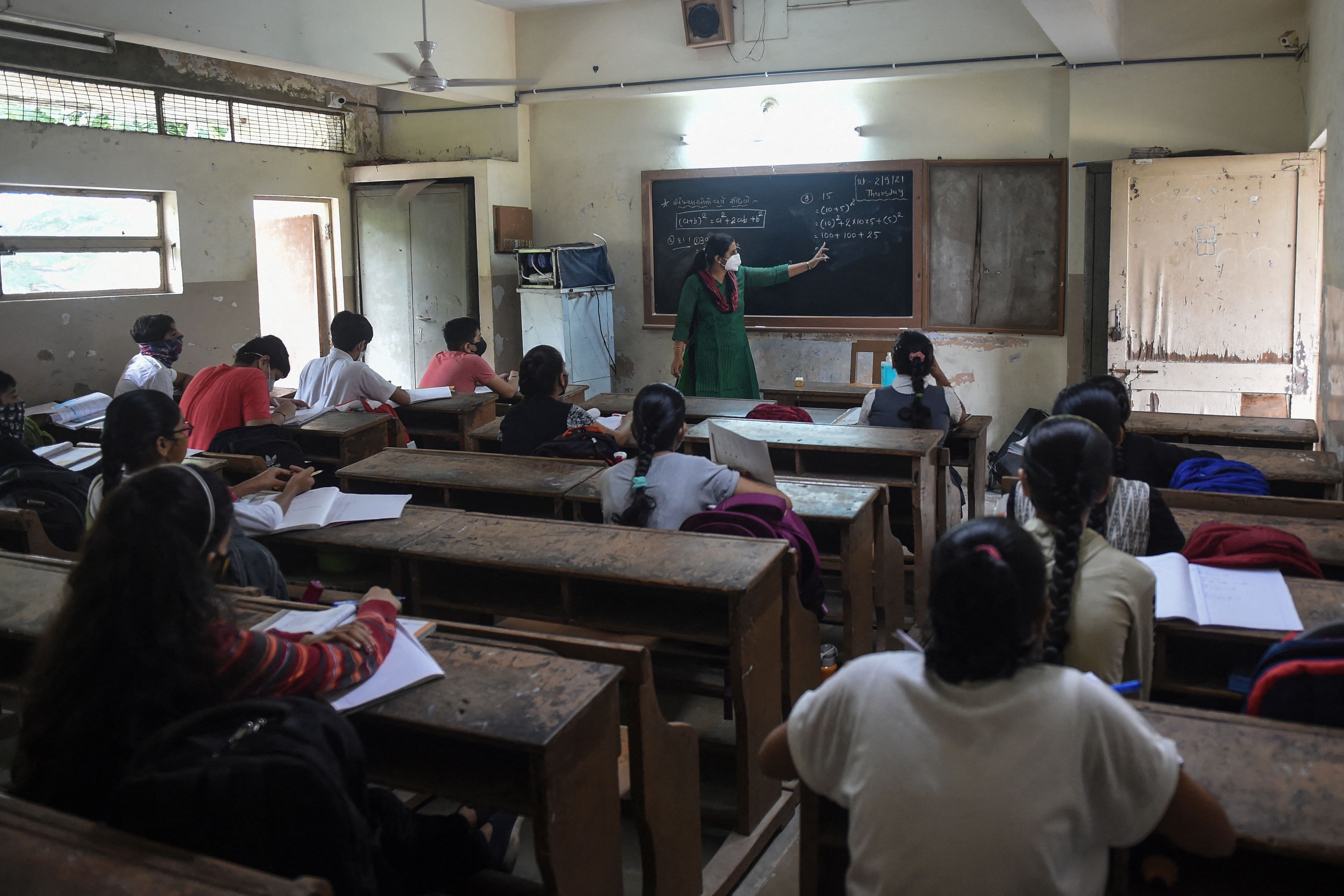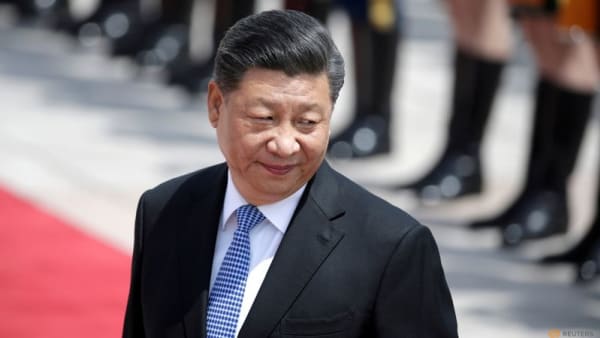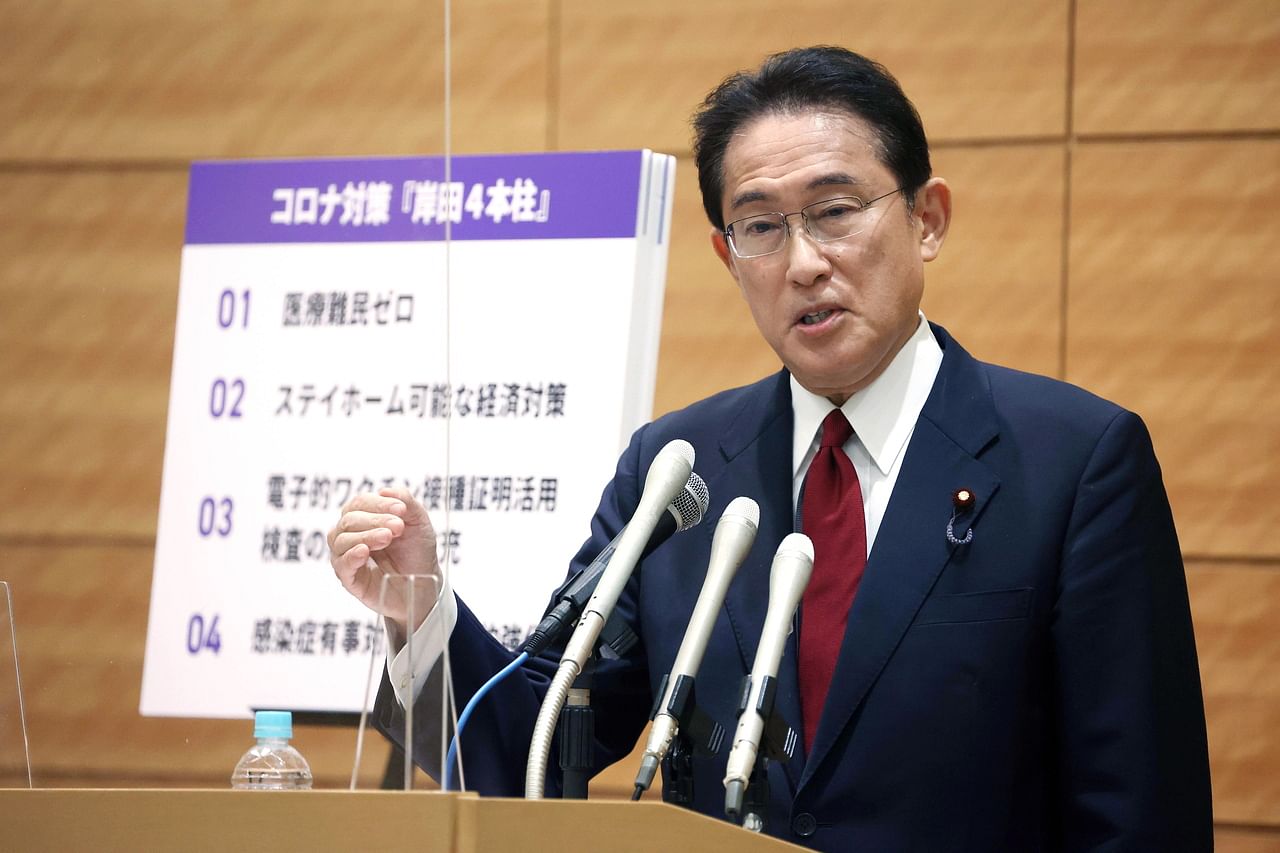
WELLINGTON (AFP) - The radical responsible for a supermarket knife rampage in New Zealand was watched for five years and jailed for three before the authorities exhausted all avenues to keep him detained, Prime Minister Jacinda Ardern revealed on Saturday (Sept 4).
The 32-year-old Sri Lankan, who was inspired by the Islamic State in Iraq and Syria extremist group, was freed only in July and had been under police surveillance since.
On Friday, he grabbed a knife off a supermarket shelf in Auckland and attacked seven people, leaving three critically wounded, before he was shot and killed by the armed police officers tasked with tailing him.
Court suppression orders meant Ms Ardern could not explain why the terrorist had not been deported, but she said measures were already under way to strengthen New Zealand's terrorism suppression laws.
The man, who arrived in New Zealand on a student visa in 2011, came to the attention of police in 2016 after expressing sympathy on Facebook for terrorist attacks.
He was arrested in 2018 on charges of possessing a knife and objectionable material, and was considered to be planning a "lone wolf" knife attack.
While in custody, he was further charged with assaulting guards, but attempts to have him charged under New Zealand's Terrorism Suppression Act were unsuccessful.
Although the man was found guilty on some charges, by then he had spent three years in prison on remand and "all avenues to continue his detention had been exhausted", Ms Ardern said, although "risk mitigation was already under way".
Ms Ardern added that changes to New Zealand's counter-terrorism legislation were expected to be approved by Parliament before the end of the month.
"In late August, officials, including the commissioner of police, raised the possibility of expediting the amendments," she said.
Many details about Friday's attacker, including his name, were suppressed in an earlier court ruling.
Although this was lifted by a judge late on Friday night, his family members have been given at least 24 hours to appeal "the release of certain information", Ms Ardern said.
"So while I can provide details concerning the individual's criminal history, there are issues relating to his immigration status, and actions taken by Immigration New Zealand, in particular, which I cannot share just yet."
Commissioner of Police Andrew Coster said there had been nothing unusual about the man's actions in the lead-up to the attack, and he had appeared to be doing normal grocery shopping.
As the man had a "high level of paranoia" around surveillance, Mr Coster said the police kept their distance, and it took more than two minutes to reach the man and shoot him after he started his frenzied stabbing spree.
"We have had no legal grounds to detain this subject. Monitoring his actions has been entirely dependent on the surveillance teams being able to maintain their cover as they watched him over an extended period," the police chief said.
https://news.google.com/__i/rss/rd/articles/CBMibmh0dHBzOi8vd3d3LnN0cmFpdHN0aW1lcy5jb20vYXNpYS9hdXN0cmFsaWFuei9uZXctemVhbGFuZC11bmFibGUtdG8ta2VlcC1zdXBlcm1hcmtldC1hdHRhY2tlci1sb2NrZWQtdXAtYXJkZXJu0gEA?oc=5
2021-09-04 06:20:53Z
52781857108910
